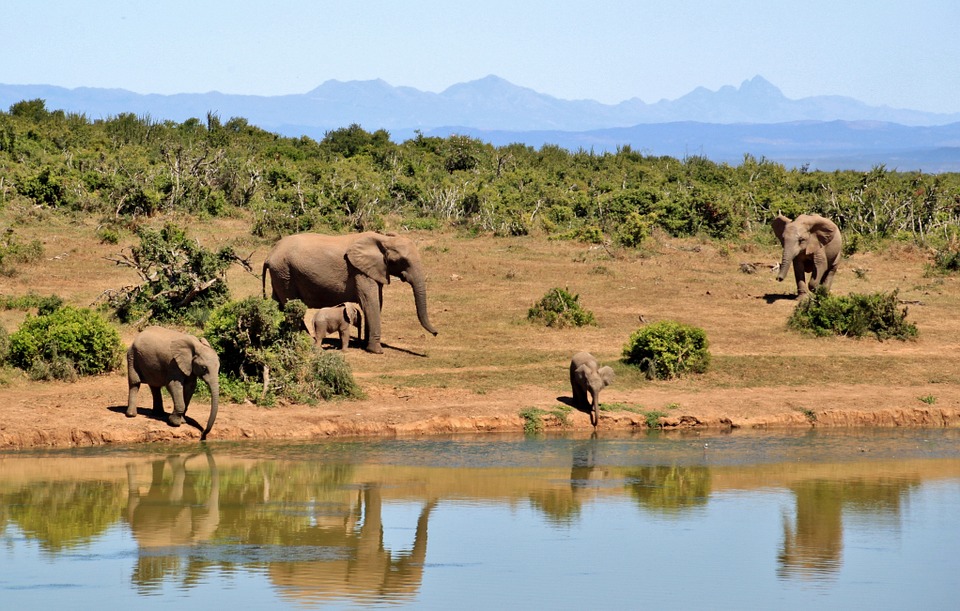
Tourism is a very significant contributor to Uganda’s market. The 1.5 million global arrivals, together with a rising number of domestic tourists, created 7.75percent of GDP along with 6.7percent of total federal labor in 2018.
The huge majority of global arrivals (80 percent ) come from Africa. In 2018, the areas outside Africa that produced the maximum arrivals were Europe (8%, which climbed for the first time in five years), Asia Pacific (6 percent, which also climbed considerably compared with the last year), and the Americas (5 percent).
Tourism information for 2018 and 2019 derive from modeling, after the debut of e-visas and modifications to data collection procedures. Because of this, the latest statistics on individual origin markets have been from 2017, once the top 5 source markets have been Rwanda (32 percent of arrivals), Kenya (24 percent ), Tanzania (6 percent ), the USA (4 percent) and India (3 percent). Back in Europe, the most significant source market was that the UK (2.4percent), followed by the Netherlands (0.7percent ) and Germany (0.6percent ). Annex A provides real visitor numbers for 2017.
Leisure People are tremendously valuable and account for 89 percent of customer price, yet they simply constitute 21 percent of arrivals. By comparison, over 75 percent of people in Kenya and Tanzania come for leisure time. These nations also get between 6 and 3 times more traffic from Europe compared to Uganda does.
Uganda’s best opportunity is to spend in bringing experience passengers. This industry segment is quite valuable and experienced travelers are searching for adventures that Uganda could provide, specifically jungle, trekking, birdwatching, and cross-cultural cultural tourism.
Adventure tourists traveling both independently and in small mid- into high-budget excursion groups. Independent adventurers adore everything their inclination to reserve directly generates chances for MSME suppliers in addition to local entrepreneurs that produce products that are appropriate, provide high-value flexible itineraries and market themselves efficiently online. To catch the European tour teams, high standards of professionalism and an environmentally sustainable supply series are needed.
Uganda has the capacity to place itself as your high-value destination that provides exceptional wildlife, cultural and adventure experiences that match or surpass those of its acquaintances. But it lacks the assurance, infrastructure, and expertise to capitalize on its own competitive edge.